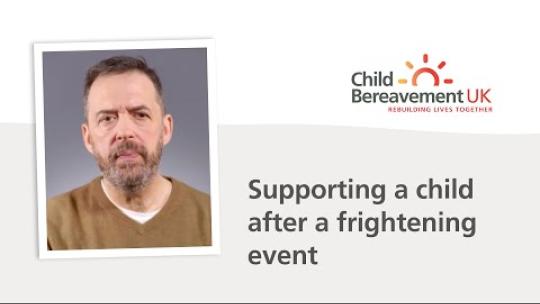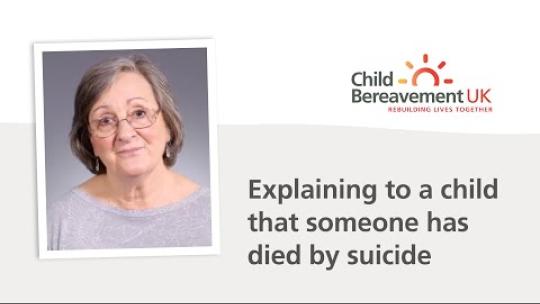Traumatic Bereavement
There are many types of experiences that have a traumatic impact on children and families. What one individual experiences as traumatic may not be traumatizing to another. Whether sudden or expected – taking into consideration a variety of factors – a death can be a traumatic experience. Healthcare providers often interact with patients and families at a time of unspeakable pain and vulnerability. As a provider, you have an opportunity to create an empathetic environment and provide grief-sensitive care through your language, presence, and behavior. The ways in which you support bereaved families can shape their grief journey following a traumatic loss.
When a patient dies in a traumatic way, we may struggle to know what to say or do when interacting with families
Despite the tragic prevalence of suicide, homicide, and overdose-related deaths, families often lack the support they deserve due to the stigma associated with these experiences, and therefore may grieve in isolation. As hard as it can feel, there are no 'right words' that will take away a family's pain following a traumatic death; so rather than providing a script, here we provide some guidance to keep in mind and sample phrases that will guide you in communicating sensitively with grieving families. Your empathetic presence can be unknowingly impactful.
Remain curious
- How are you feeling?
- What’s on your mind?
- Can you tell me more about that?
- I want to ask what I can do that you would find helpful.
- How are you making sense of what happened?
- How is your child making sense of this?
Hold a not-knowing stance
- I imagine…
- I don't know for certain…
- Is it possible that maybe…
- I wonder if you might feel/think/wish/want…
- Avoid phrases like: “you must be feeling…”, “I know how hard this is…”, or "I know you're sad."
Be transparent about what's in your mind
- I have been thinking of you.
- You’ve been on my mind.
- Your family has been on my mind.
- I’ve been thinking about…
- I’m so glad you’ve shared that.
- I am so sorry you're carrying this pain
- I find myself wishing...
Collaborate with families
- I want to make sure I'm using language that feels okay to you.
- Let’s think together about how you’d like to remember [patient's name].
- I want to spend some time thinking with you about what the next steps should be.
- Give choice whenever possible: "would you like to sit or stand?"
Recognize the 'whole' person and honor relationships
Be mindful of how you talk about the person who died. It will be important to honor the complexity and uniqueness of the individual, separating their cause of death from who they were and how they will be remembered.
- How would you like me to refer to [person's name]?
- I imagine there were lots of things that made [person's name] unique and special. What are some of the things you will remember?

